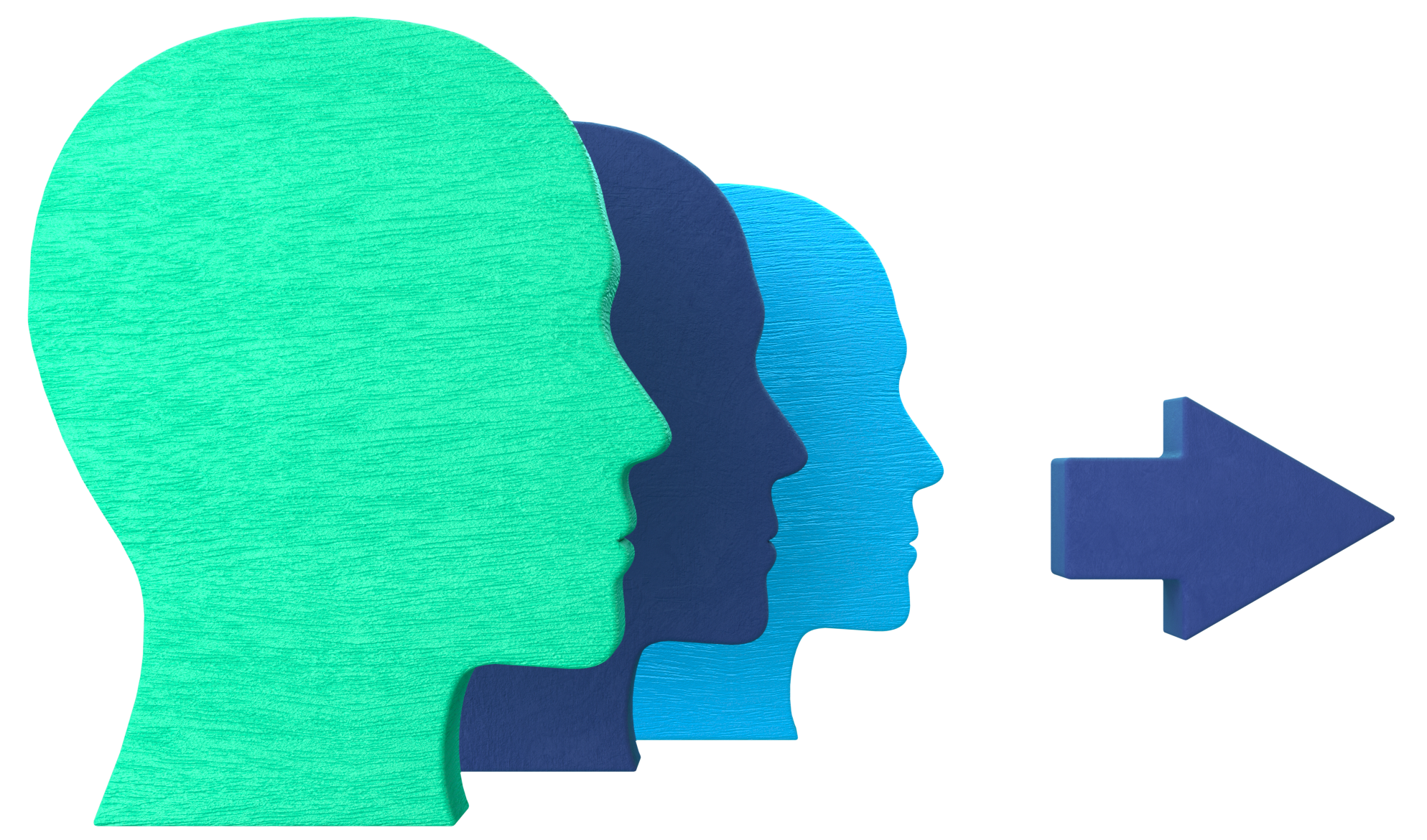Collaborative processes for team creativity, action and accountability
Pre-Requisite : Group Facilitation Methods or GFM Online *
*This course is part of the Facilitative Leadership Program and the Advanced Facilitator Program.
Get workgroups, departments and multisector collaborations working together to ensure success after success. Bring diverse people together, focus their purpose and keep them on track using their own creativity to solve problems, build lasting solutions and learn from mistakes.
Advanced ToP Tools demonstrates how to generate real commitment from diverse stakeholders and empowers multi-stakeholder collaborations for immediate implementation and lasting partnerships.
As with all ICAA training, this course is delivered by professional facilitators who actually demonstrate the materials, lead reflections to learn collaboratively, provide real life examples from experience, and set you up to practice with others using a suite of tools. Sometimes you might work on interesting case studies. Sometimes you work on your own case. The high quality manual is full of useful materials: underlying theory, short readings, step-by-step instructions, templates, and worksheets. As a result you will have the confidence to use your new understandings immediately with clients of your own.
Both the “live online” and “in-person” courses are usually scheduled from 9 am – 5 pm in the time zone of the location mentioned. Please check the timing carefully when registering.
You will need to choose your preferred type of setting or mode of delivery. The descriptions of the differences between live online (LO), in-person (IP), and self-directed (SD) are explained in an expandable section near the bottom of this web page.
Courses are held from 9 am – 5 pm in the time zone of the location mentioned.
Price is in CAD$1,745.00. Applicable tax is extra.
Benefits
Teams and multi-stakeholder collaborations that stall or plateau can get to the next level and beyond with ToP Advanced Tools. Reorient, focus and generate lasting solutions that are sustainable and action-oriented. ToP facilitation enables healthy, productive, collaborative work.
Launch and sustain major initiatives
- Form effective task forces and committees.
- Launch programs and campaigns.
- Motivate and sustain coalitions and partnerships.
Get everyone working in the same direction
- Design innovative models and solutions for complex situations.
- Create practical action plans
- Maintain project momentum
Turn conflict into positive energy
- Diagnose, understand and address team issues and conflicts.
- Move from conflict and confusion to conciliation and forward momentum.
Generate creative solutions
- Establish meaningful and motivating contexts.
- Blend individual perspectives into team consensus.
- Elicit commitment and dedication
- Generate joint solutions for complex situations.
Day One
Initiating an Effective Team
- Group Journey Models
- Claiming the Victory
- Creating a Charter
- Historical Scan
- Framework of Participation
Day Two
Building Momentum
- Team Morale
- Understanding Team Conflict
- Tools for difficult situations
- Participation Guidelines
- Model Building
- Model Merging
Day Three
Sustaining Accomplishment
- Leading a team
- Project Work Planning
- Coordinating Action Plans
- Participation Guidelines
- Model Building
- Model Merging
- Professional facilitators who work with a lot of teams, projects and workgroups.
- Project Managers who are responsible for guiding initiatives to success
Committee and working group chairs who want to use a facilitative approach. - Managers and executives who want to support groups throughout the organization through a style of facilitative leadership.
- Front-line staff who need to work in a partnership mode with other groups and organizations.
The Focused Conversation Method provides a structure for clear dialogue and reflection, probes beneath the surface to the depth of a topic, encourages a diversity of perspectives and leads to decisions.
Forming
The Victory Circle and Project Charter creates goal and comprehensive reference guide for all collaborative work. Frameworking develops a network of support and collaboration.
Storming
The Historical Scan sets an evolutionary context for the work for all members. ORID Diagnostic and the Phases of Conciliation allow any group to identify and address the obstacles to effective team work, providing models for addressing conflict within the team.
Norming
Model Building and Project Work Planning create structural solutions for any problem and provide ways to move into effective implementation.
Performing
ToP Action Planning gets groups into effective action quickly and Event Orchestration makes all meetings, including reporting, interesting and productive.
Transforming
The Project Tracking Matrix and the Team Journey allow desired impact and continuous improvement to occur, and new leadership to be reinforced for all future projects.
You can choose to take this course In Person (IP) or Live Online (LO). The codes IP or LO show in the course name when you register.
In Person (IP) classes are instructor-led events occurring in the same room on specific dates with one group of people. You have a deep level of dialogue with face-to-face practice in breakout groups, get paper manuals and books, use pen-and-paper worksheets and exercises and enjoy breaks and lunches together. Instructors demonstrate methods using flipcharts, index cards, marker pens and wall chart visuals . The experience for participants can be similar to working with a client in a live setting. There is no practice of online tools.
Live Online (LO) classes are instructor-led events occurring at the same time with the same people, using our learning management system and online platforms, primarily Zoom and Mural. The course covers the same material as an IP course but uses online tools with plenty of small group exercises. Manuals and books are downloadable as PDFs that can be printed out if you want. There are no programs or apps to download. Participants need a computer with a large screen (a cell phone won't work well), a high speed internet connection, and earphones or earbuds. We do not actively “teach” online tools, but participants get so see and experience the ones we use during the course.
Self Directed (SD) courses are sets of “modules” like mini-courses, each containing short videos, readings, quizzes and games and assignments. You take them at your own speed any time from anywhere. You get written feedback from instructors on your assignments. The modules are assembled to resemble the in-person and live online course content. The disadvantage is the absence of collegial interaction, teamwork, and dialogue, which is a key component of facilitation. Participant manuals and materials are downloadable in PDF form.
All course graduates are encouraged to follow-up with some 1:1 coaching and join communities of practice we have set up to help extend and reinforce learning.


